Bereshit
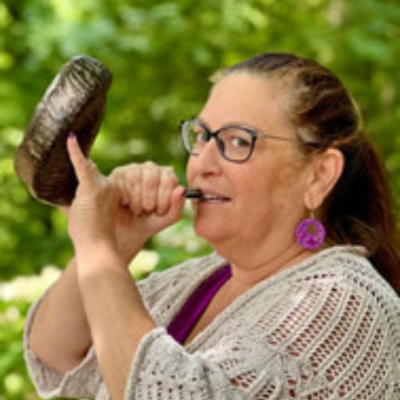
Bereshit: On Being Human, in God’s Image
I believe one reason we dispose of people who have done harm (or are accused of doing harm) is to avoid looking at ourselves and our own baser natures.
more
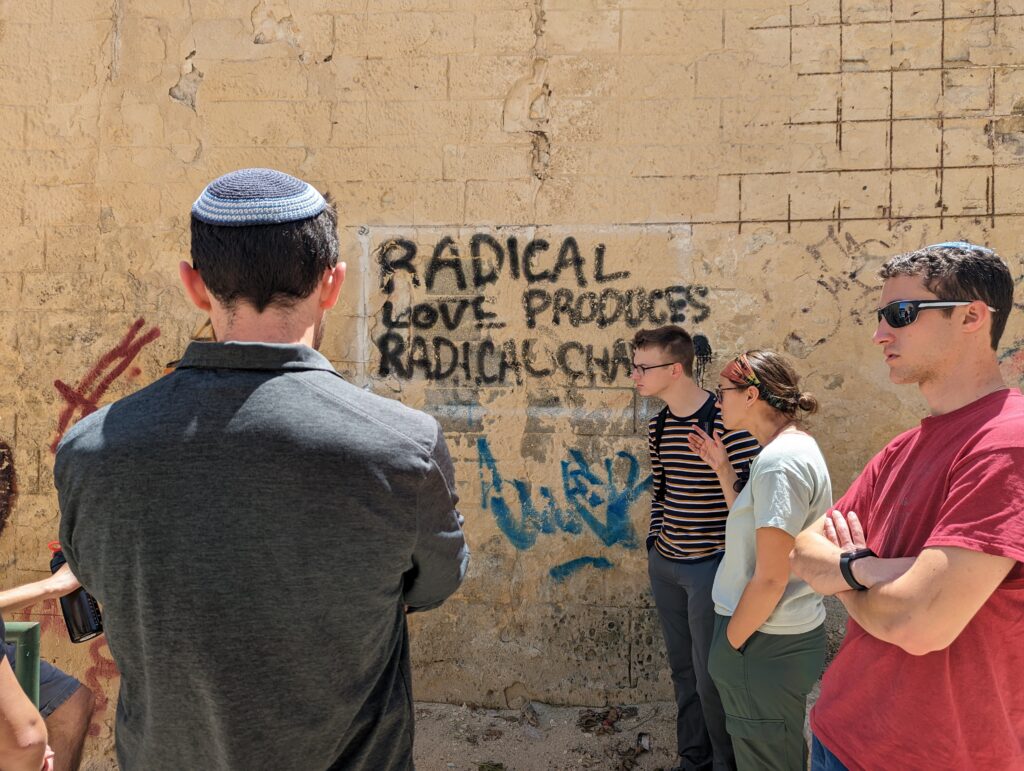
Resources for Responding to Israel-Gaza War
We offer these texts as starting points for rabbis and cantors to speak to their communities after this first full week of war. When we have no real answers to provide people in this painful time of uncertainty, the best we can do is offer teaching that orients and grounds us.
more
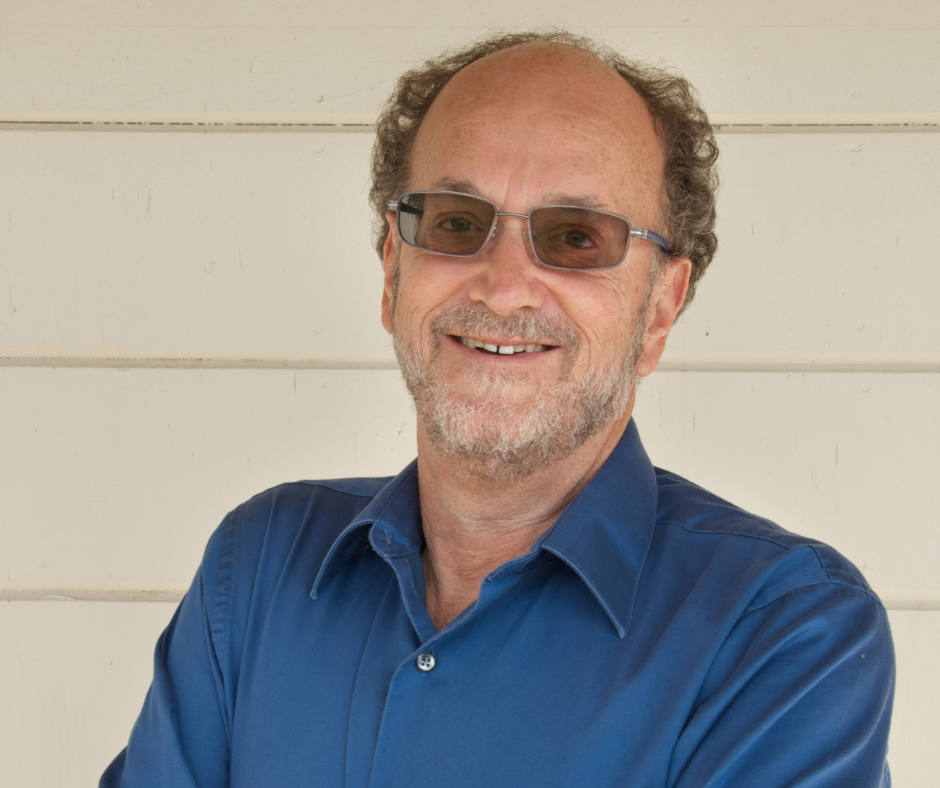
Being God’s Partner Is A Big To Do
Wherever there is imperfection in our world — people suffering, an ecosystem in distress, systemic injustice — there are unfinished spaces that call on us in our role as God’s partners.
more
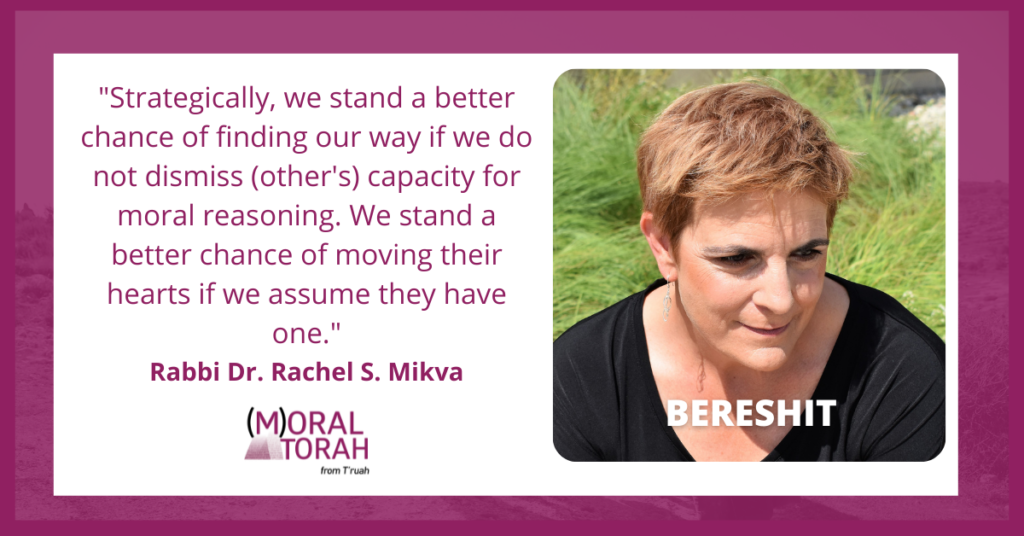
A Pandemic of Polarization
Strategically, we stand a better chance of finding our way if we do not dismiss (other's) capacity for moral reasoning. We stand a better chance of moving their hearts if we assume they have one.
more
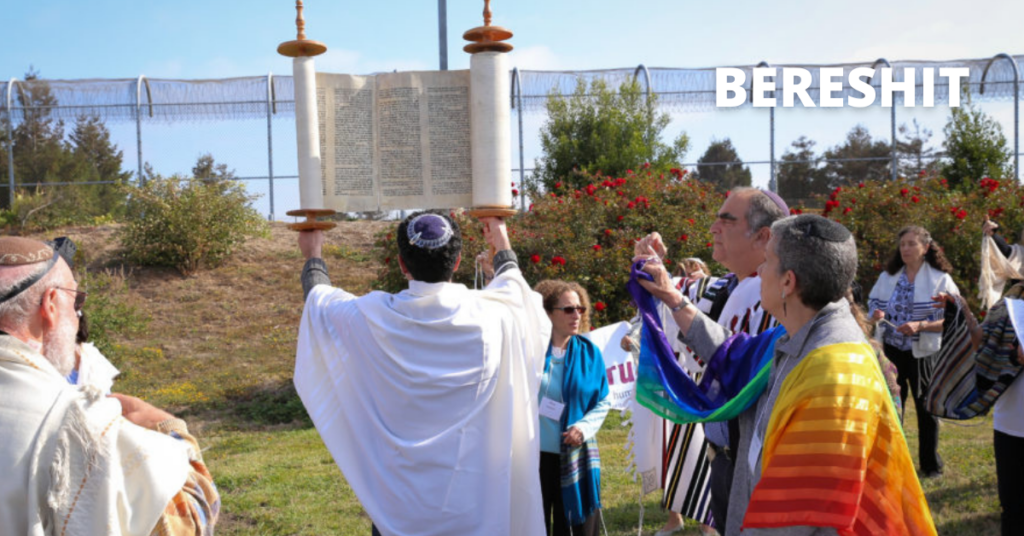
Here All Along
Excerpt from Here All Along: Finding Meaning, Spirituality, and a Deeper Connection to Life – in Judaism (After Finally Choosing to Look There)
more
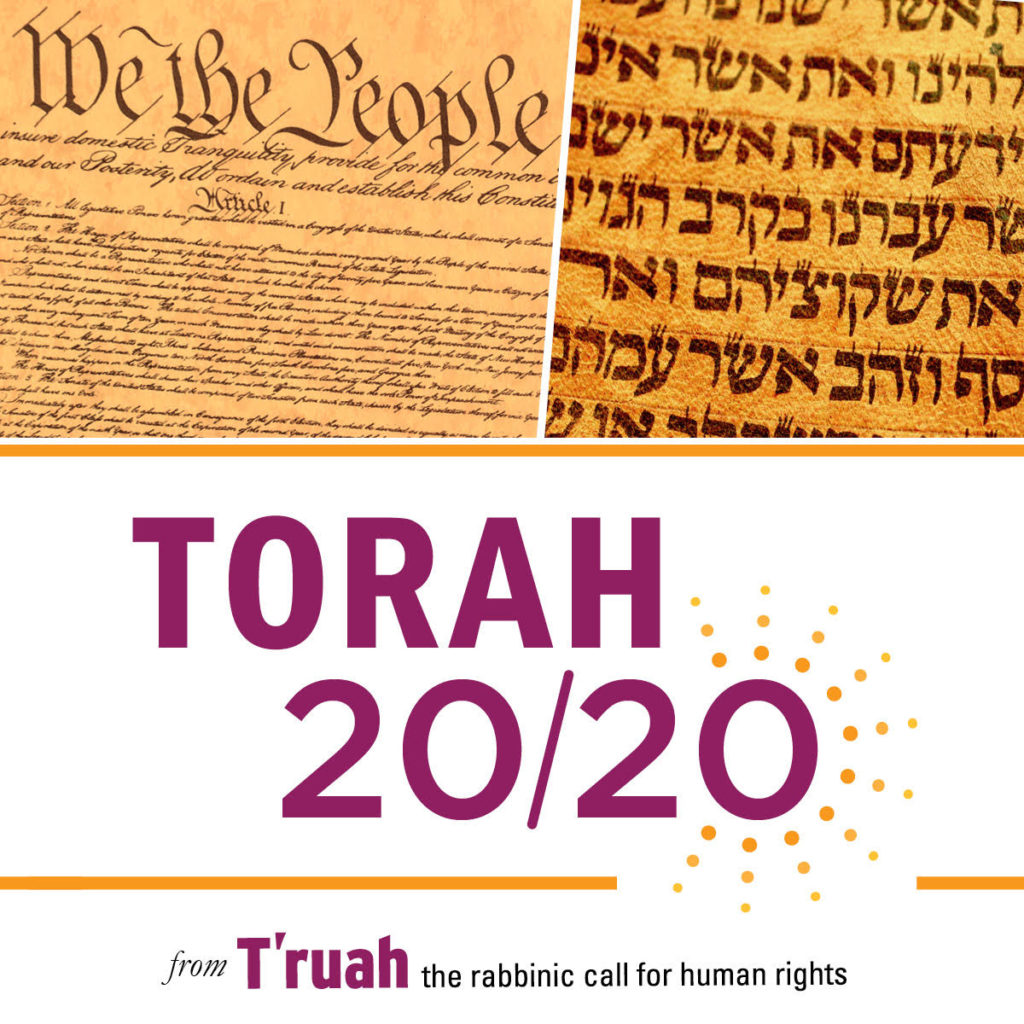
Every Last One of Us
Rabbi Danya Ruttenberg opens Torah 20/20, a year of divrei torah dedicated to the discussion of democracy, with Parshat Bereshit.
more

Torah 20/20: Looking with Fresh Eyes
Rabbi Avi Katz Orlow introduces T'ruah's newest project, Torah 20/20, in this d'var torah for Simchat Torah.
more

Seeing the Broken World: Discovering Myths Around Homelessness (Parshat Bereshit)
Commentary on Parshat Bereshit (Genesis 1:1 – 6:8) The story of humanity in the Torah begins with homelessness. The first two humans, Eve/Chava (“Mother of all life”) and Adam (“Earthling”) are unhoused vegetarian nudists living in bliss – and blissful ignorance – in the bubble of perfection of the Garden of Eden. There is no...
more
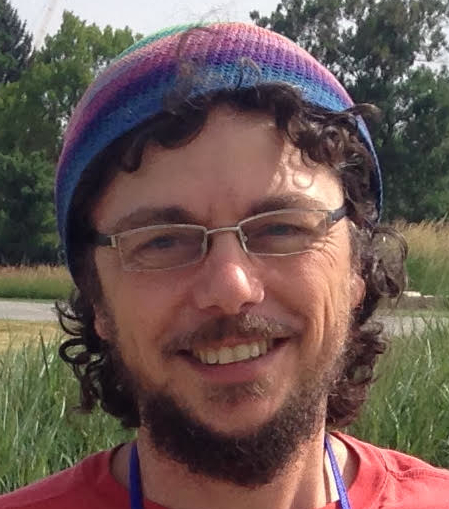
The Land of Strangers
The midrash teaches that the first human/adam was created with soil from the ground / afar min ha’adamah from every direction, meaning from every place, so that no matter where the first human’s progeny wandered, they would still be at home. Wherever a person dies and is buried, their bodies will not be strangers to the soil,...
more

The Essential Human Right
“Sticks and stones,” the nursery rhyme says, “may break my bones, but words will never hurt me.” The intent of this pithy statement is probably to help children solve disputes with words rather than physical violence. Its message does, however, raise serious doubts. Words can and do hurt us. Words can trivialize, words can insult,...
more
